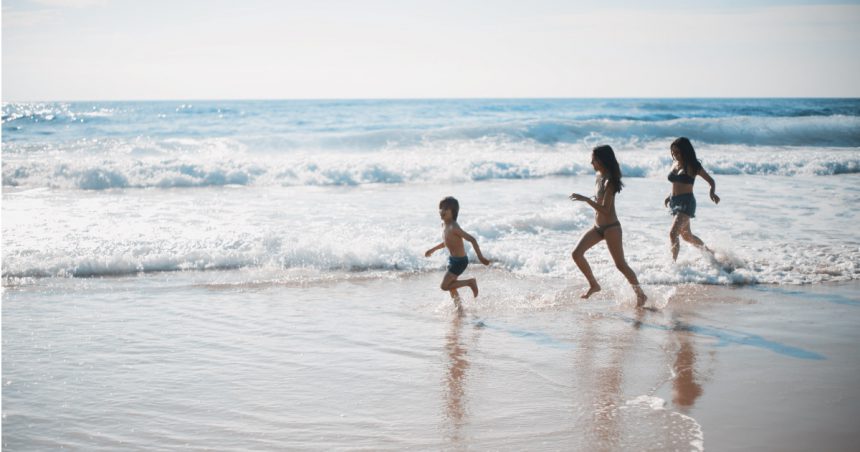Travelling with children can be a wonderful experience. However, it is important to take precautionary steps to be prepared for any potential medical issues that may arise during your trip.
Here are some common paediatric medical problems to be aware of while travelling in Israel:
- Children and Dehydration: Israel can be hot and dry, particularly in the summer months. It’s important to ensure that your child stays hydrated by drinking plenty of water and avoiding sugary drinks. Try to plan some water activities while spending time outside to remain cool. If your child is showing signs of dehydration, keep them in a cool environment while rehydrating them with fluids.
- Sunburn prevention for children: The Middle Eastern sun can be quite strong, especially in the summer. Make sure that your child is well protected from the sun; this includes proper sun protection such as clothing and hats. Additionally, high SPF sunscreen is important to prevent sunburn while spending time in the sun. Make sure to reapply sunscreen at regular intervals throughout the day, especially after water activities. In the case that your child develops a sunburn, keep them cool and apply aloe vera lotion to relieve any uncomfortable sensations.
- Insect bites treatment for children: Mosquitoes and other insects can be an issue in Israel, particularly during the summer months. It is important to use insect repellent and dress your child appropriately – this may include trousers and long sleeves if the temperature allows for it. If insect bites develop, treat them with anti-itch or insect bite relief.
- Children with allergies in Israel: There are many common allergens found regularly in Israel. If your child has allergies, take care to bring along any necessary medications on your trip. Be aware of any potential allergens in the area, such as pollen or certain foods. When eating at a restaurant, inform your server of any known allergies. If your child is experiencing symptoms of an allergic reaction, treat them with relevant medications and/or antihistamines. An antihistamine can be used to reduce the effects of the allergic reaction. Please seek emergency medical attention if your child develops further symptoms such as trouble breathing, increased bouts of vomiting, clammy skin or changes in consciousness, as these are signs of a more severe allergic reaction.
- Diarrhoea: It’s common for children to experience diarrhoea when travelling, due to changes in diet and water quality. If you know your child has a history of a sensitive stomach, it may be best to consume bottled water as much as possible. If your child is experiencing diarrhoea, be sure to have over-the-counter medications on hand and encourage your child to drink plenty of fluids to prevent dehydration. In the case of diarrhoea, rest and oral rehydration is advisable. Reintroduce simple foods slowly as tolerated.
- Fever: There are many different reasons your child may develop a fever while travelling. If your child has a high fever, they can be treated with an antipyretic or fever reducer. Provide rest, hydration and appropriate clothing to help treat their symptoms. Make sure to monitor your child’s fever to ensure that it does not remain elevated for an extended period of time.
If any of these issues are not resolved with treatment at home, it is advisable to consult with a doctor. Trouble breathing, changes in consciousness, or extreme lethargy are all reasons to seek urgent medical care.
The family doctors at our clinic are experienced in treating children as young as 18 months. Please reach out to see if we can assist with any of your medical needs while abroad.
By being prepared and taking some simple precautions, you can help ensure that your child stays healthy and happy while travelling in Israel.



